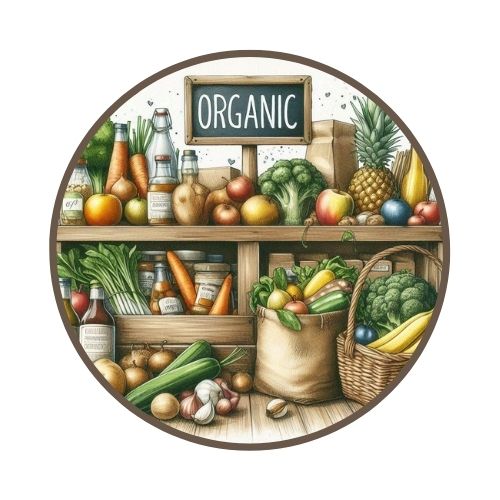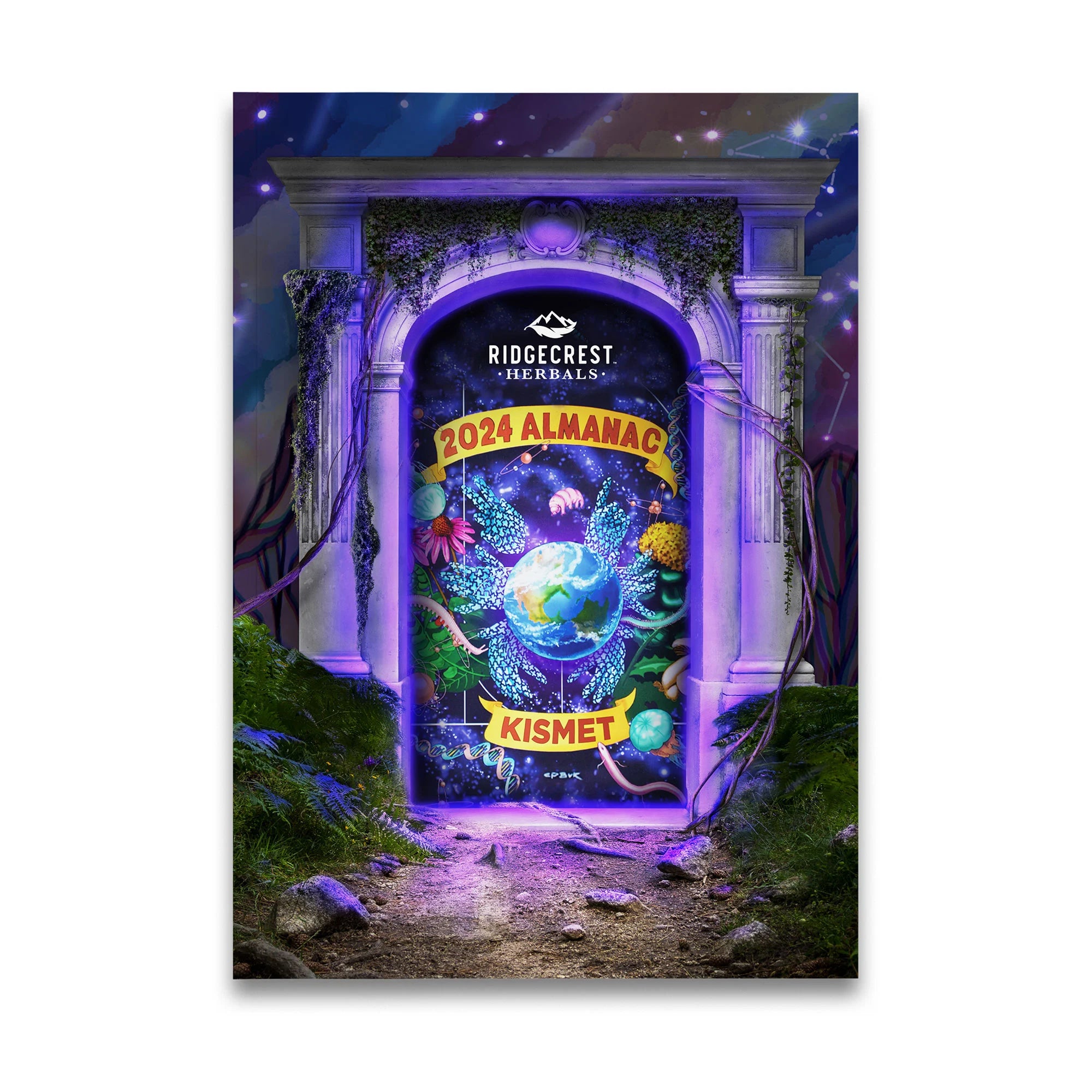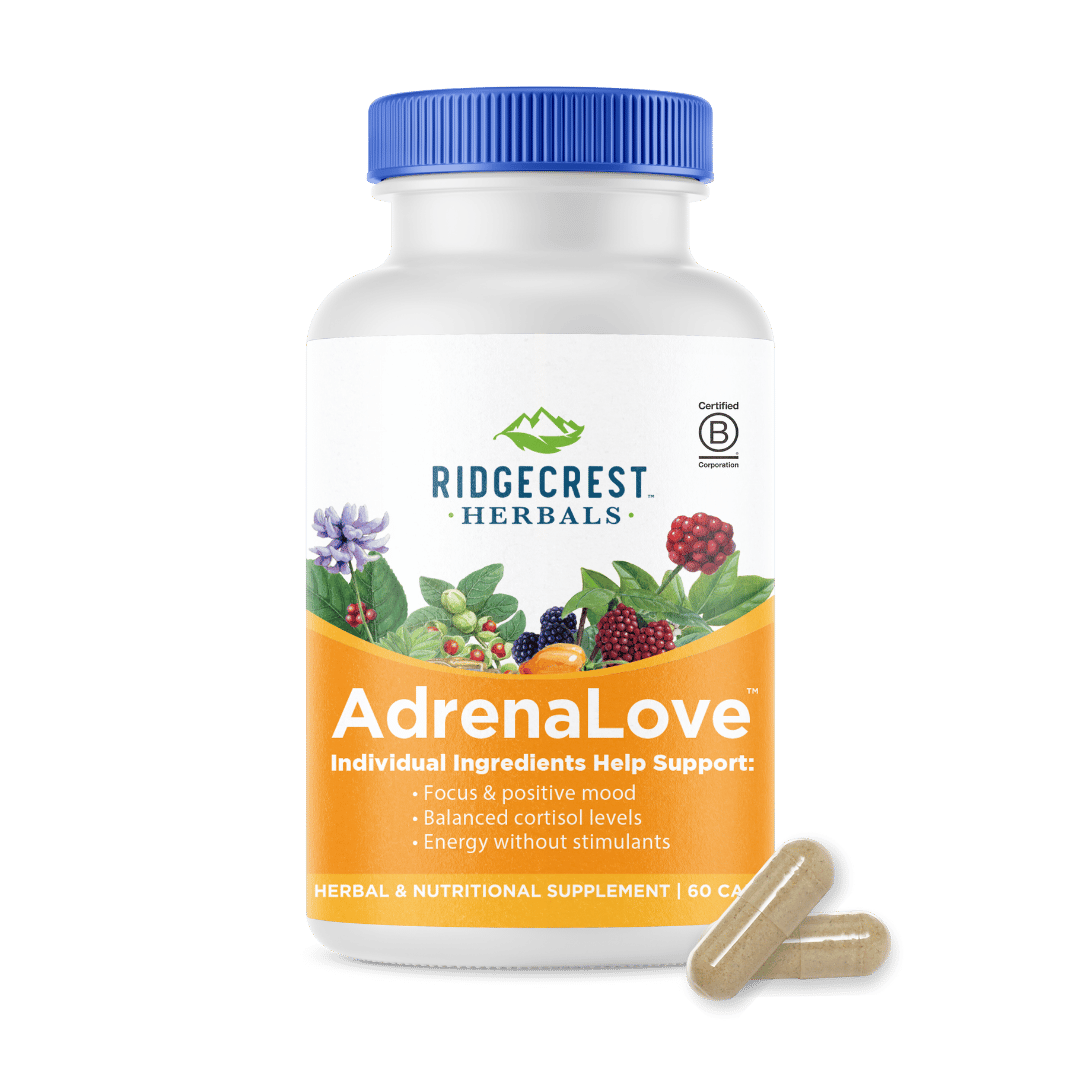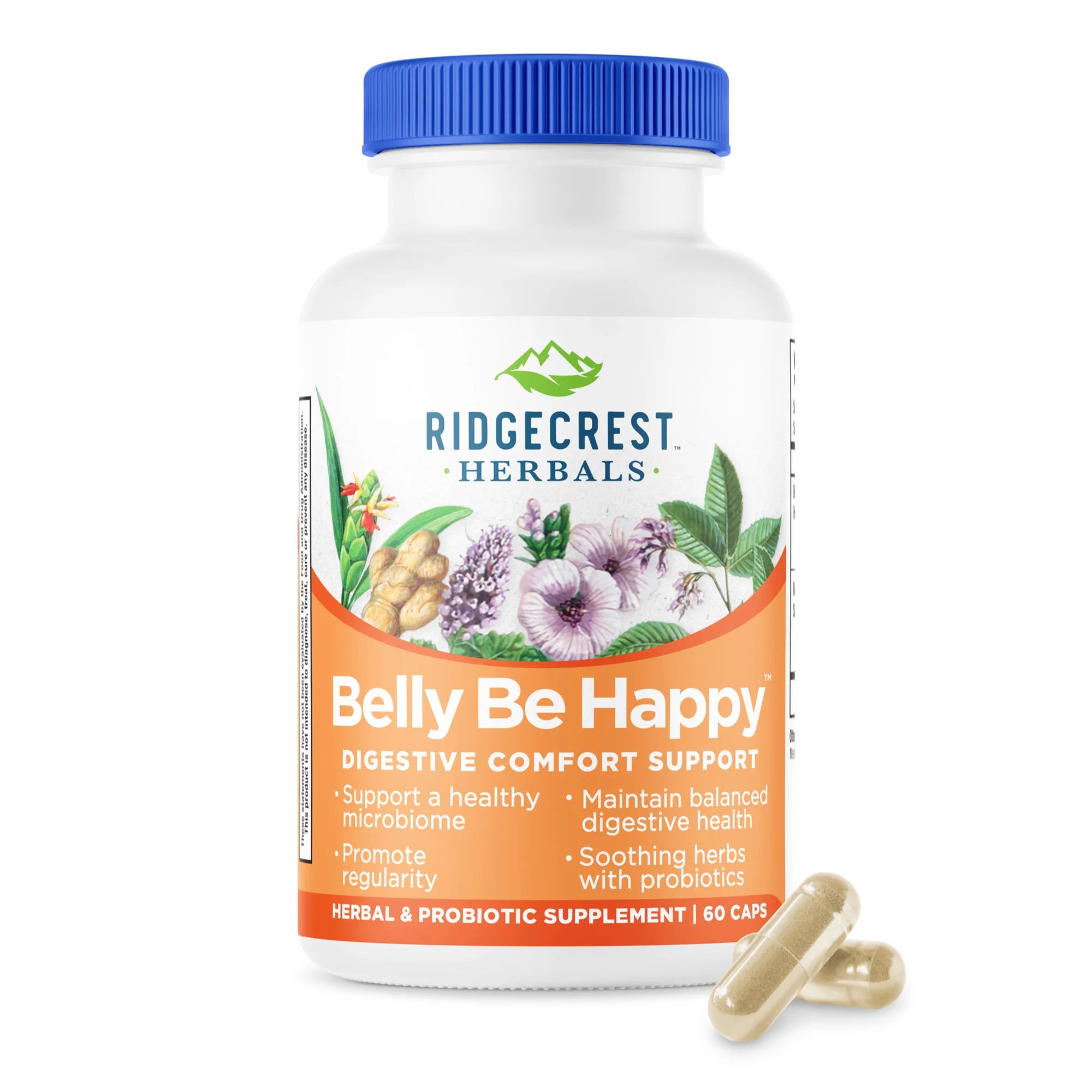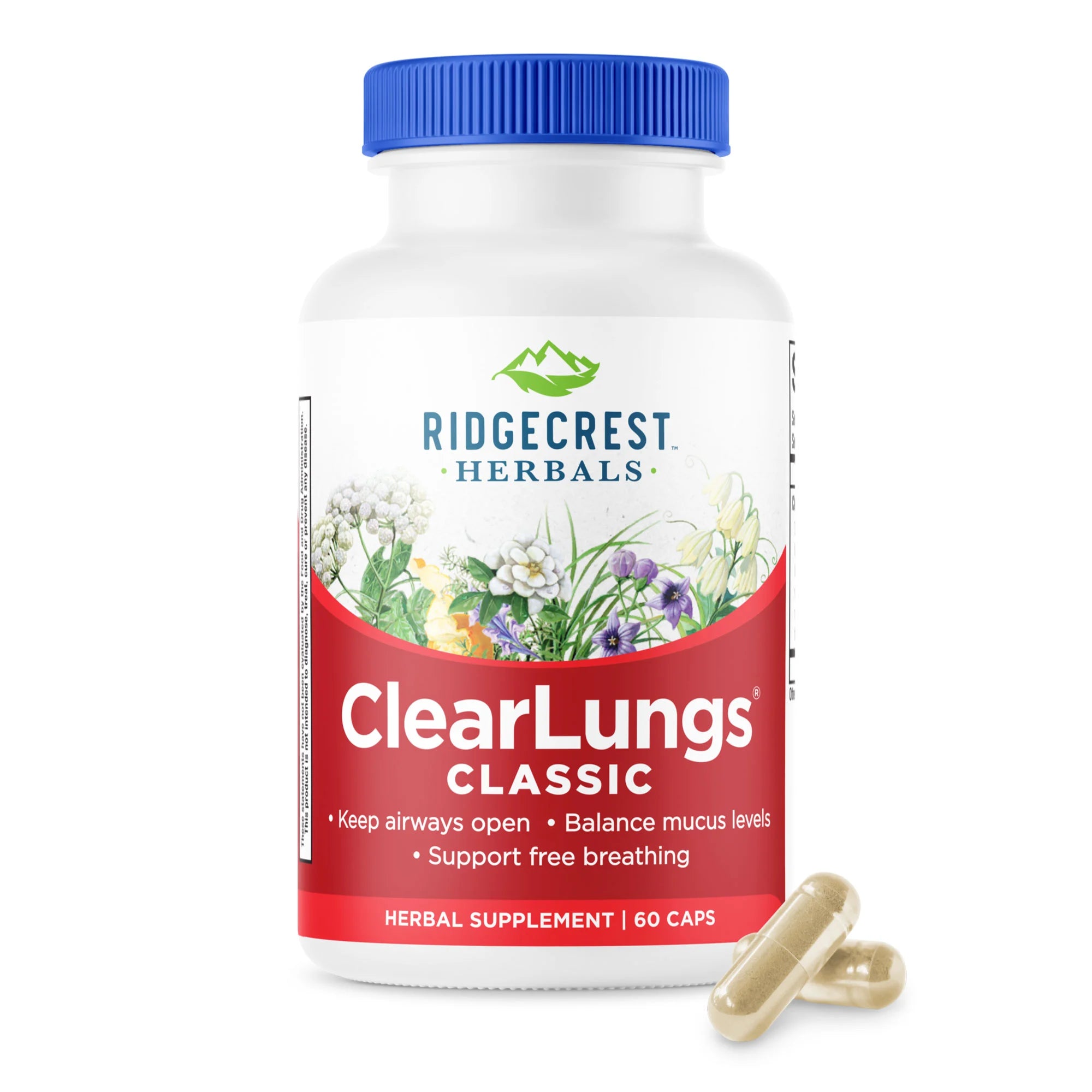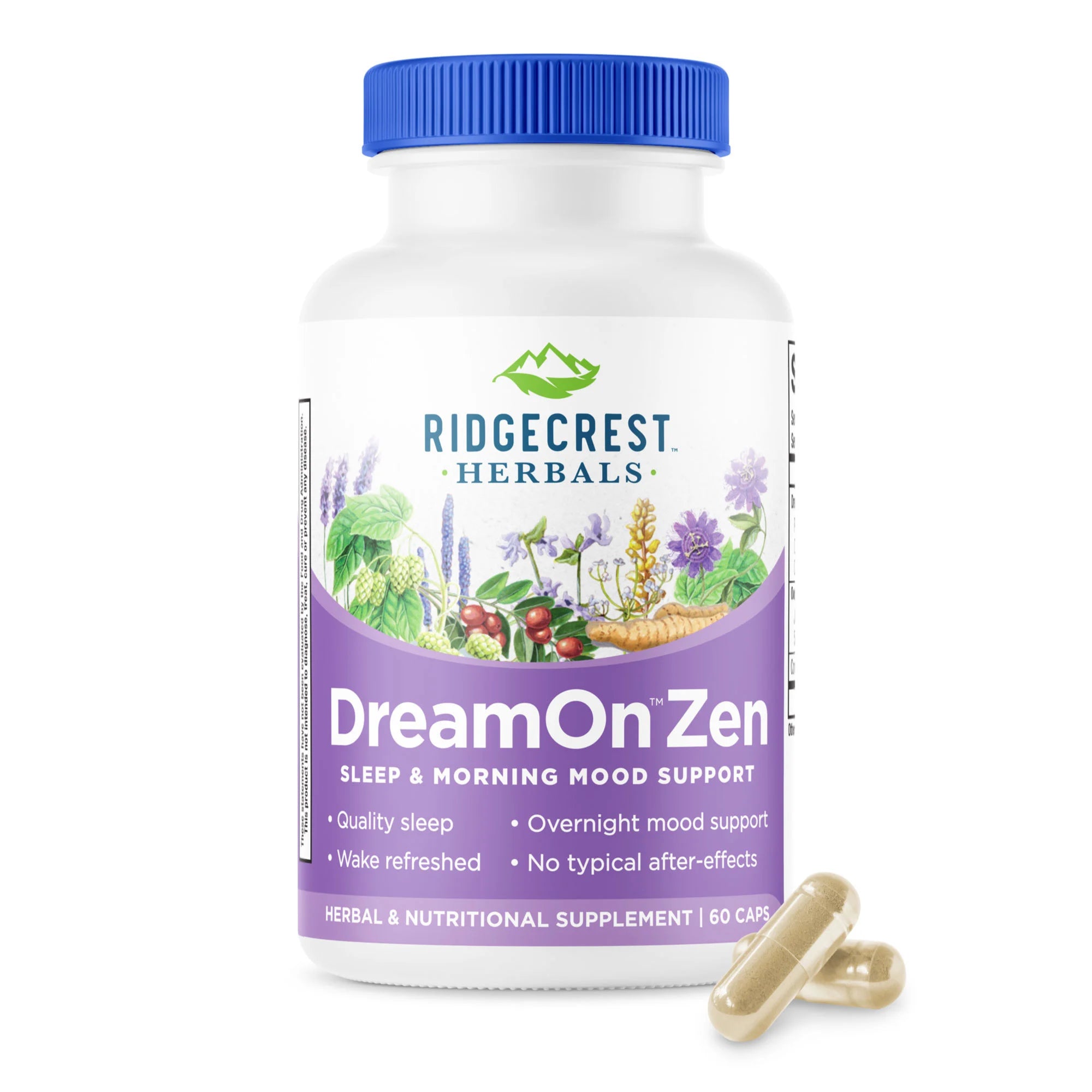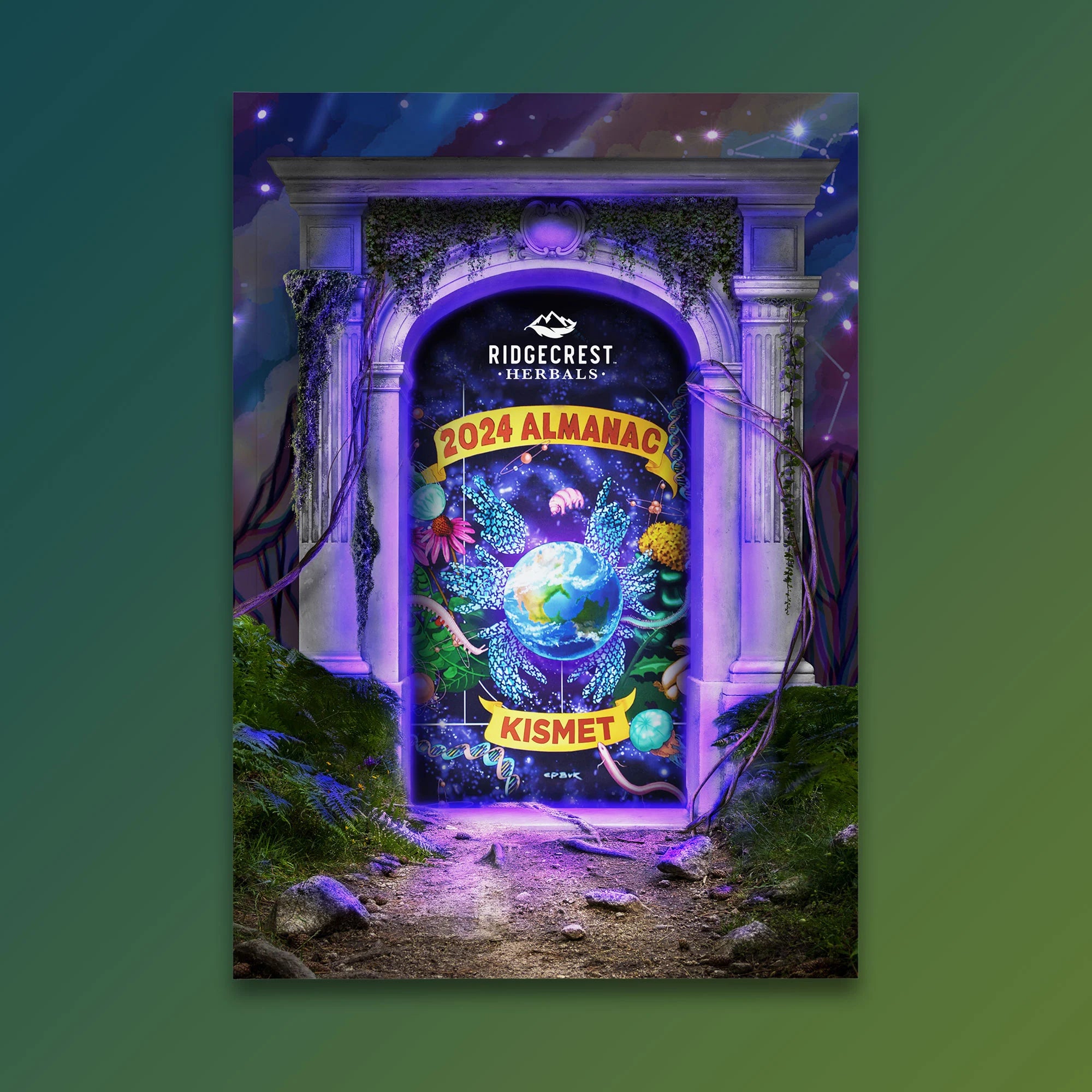Have you ever stood in a grocery store aisle and felt confused by the number of icons on a product label? Who even has time to figure out what they mean? Does it even matter? Well, here is your cheat sheet guide to the most common certifications and icons you will see in your local grocery store:
USDA Organic
The USDA organic label is a government-regulated label that guarantees that the food was produced without synthetic pesticides, herbicides, fertilizers, or other chemicals. Organic food is raised without the use of antibiotics or hormones.
To be certified as organic, a farm must meet strict standards set by the USDA. These standards include:
- Using only organic feed and fertilizers
- Raising animals without antibiotics or hormones
- Prohibiting the use of synthetic pesticides and herbicides
- Maintaining healthy soil and ecosystems
Non-GMO
The non-GMO label means the food was produced without genetically modified organisms (GMOs). GMOs have had their genetic makeup altered in a way that does not occur naturally. This can be done by inserting genes from one organism into another or removing genes.
There is no scientific consensus on whether or not GMOs are safe to eat. The Environmental Protection Agency (EPA) regulates GMOs in the United States, and the agency has concluded that they are safe. However, some people choose to buy non-GMO food because they are concerned about the safety of GMOs or because they believe it is better for the environment.
From the supplement side, it’s interesting that the FDA considers “Non-GMO” and “made without genetic engineering” to be two different things with two different standards of proof. We go with the latter, as it is a safer claim from a legal standpoint for us to make. None of the ingredients in our products even have genetically modified counterparts - there’s just not a huge market for GMO Slippery Elm!
B-Certification
B-certification is a third-party certification awarded to businesses that meet high social and environmental performance standards. B-Corps are committed to using their business as a force for good and helping create a more sustainable and equitable world. We spent 2023 working towards our B-Certification, which you can read more about in the 2024 RidgeCrest Herbals Company Update!
Natural
The term "natural" is not regulated by the government, so food producers can use it loosely. However, "natural" generally means that food does not contain artificial flavors, colors, or preservatives. So if you are in your clean food girly era, keep digging to discover just how natural that product is!
Grass-fed
"Grass-fed" means that the animals raised for their meat were fed only grass and forage. Grass-fed animals are often raised on pasture, which is a more sustainable way to raise animals than in feedlots. It is important to note that some grass-fed beef is grain-finished, meaning they are grass-fed most of their life, but are fed GMO grains to fatten them before slaughter.
Grass-finished
The term "grass-finished" means that the animals were fed grass until slaughter. Grass-finished animals are often considered to be healthier than animals that were finished on grain. Grass-finished meat is higher in omega-3 fatty acids and conjugated linoleic acid (CLA).
Cage-free
The term "cage-free" means that the animals raised for their eggs were not kept in cages. Cage-free chickens are often raised in large, open barns but still have little room to roam. Cage-free chickens are less likely to suffer from health problems and more likely to exhibit natural behaviors, such as dust bathing.
Free Range vs. Pasture-Raised
The terms "pasture-raised" and "free range" are often used interchangeably, but there is a difference between the two. Pasture-raised means that animals are allowed to roam freely outdoors and eat a diet of grass, forage, and other natural foods. Free range, however, means that animals have access to the outdoors.
The term "free range" is not regulated by the government, so it is not always clear how much the animals are outside. In some cases, free-range animals can only access a small outdoor pen. Their diet may also consist mainly of grains with some grass.
I didn’t know that last one until I began researching this article! Did any of the definitions or regulations surprise you? Let us know @rcherbals!


